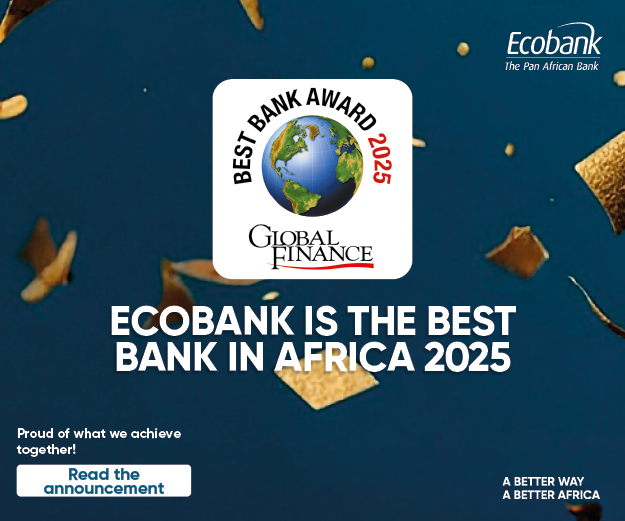In conversation with Chatham House, former World Trade Organization (WTO) senior executive Abdel-Hamid Mamdouh lays out his bid to lead the multilateral body along with two other African candidates. Tom Collins reports.
Two qualities are needed from the WTO’s next director general to save the global trade body from a demise that was caused by a series of failures and mounting external threats, says Abdel-Hamid Mamdouh, a former Egyptian diplomat in the running to lead the Geneva-based organisation.
One is “authoritative knowledge” and the second is “confidence and trust”.
Contrary to the eight other candidates running for the top job, Mamdouh believes his experience working in a variety of positions within the WTO for 20-years grants him the unique ability to combine the two key attributes.
In terms of institutional knowledge, his role as secretary of the Council for Trade in Services until 2001 and then head of Services and Investment Division until 2017 has led to a granular understanding of the organisation and its problems.
“The WTO system is based on three pillars: the dispute settlement function, the negotiation function and the monitoring and deliberative function,” he says.
“What we have seen over the past twenty years is that two of the pillars have actually failed. The monitoring and deliberative function as well as the negotiating function. This has produced this kind of excessive pressure on the dispute function and that was not sustainable, so it failed as well. Now we have a complete breakdown.”
US president Donald Trump’s continued assault on multilateralism culminated last December in the effective muzzling of the WTO’s Appellate Body – a collection of seven judges used to resolve disputes between two members.
For a body that needs at least three judges to hear an appeal, the last remaining judge renders the organisation impotent after Washington systematically blocked the naming of any new judges since Trump came power.
Before that, the WTO’s negotiating arm had widely been seen to fail due to years of unproductive rounds of ministerial meetings that began in Doha in 2001.
The main issues hindering trade agreements were agricultural subsidy disputes between developed and developing countries.
Though an agreement to phase out export subsidies was reached in Nairobi in 2015, very few of the lofty ideals described in the original agenda had been met.
Promising not to repeat the same mistakes, Mamdouh believes the difference between the ‘Doha Round’ and the successful ‘Uruguay Round’, which led to the creation of the WTO in 1995, was the lack of strategic balance that kept the latter moving forward.
“In the Doha Round that is not what we did,” he says.
“We had a big agenda with balance inside it, but we did not actually preserve the integrity of the balance as we proceeded. What happened really was the collapse of the negotiating process.”
In terms of balance, the Geneva-based diplomat believes he has the edge over other candidates due to his history representing a multilateral organisation rather than an individual country.
“I have spent the past thirty years of my life since I left the Egyptian government being the trusted advisor of all WTO members,” he says.
“I am a candidate who stands at equal distance from all members. I have never promoted a particular national agenda. My agenda is that of the system.”
It is for this reason that Mamdouh calls himself the ‘the honest broker.’
Despite unverified claims to be the official candidate for Africa, Mamdouh says if elected he will not seek to advance the interests of the continent over any other region.
It is only this attribute that can counter a flawed system rife with mistrust and the existential threat of creeping protectionism amid the US-China trade war, he says.
“We really are facing a situation where the system is threatened to fall apart,” he says.
“But let’s not let this crisis go to waste. Let’s use this crisis to mobilise all the political will and to move forward”
The first step is to “recall and reconstruct” the common purpose of the WTO, based around the principles that trade is important for economies and that the best way to benefit from trade is to ensure the predictability and stability of trading conditions.
The next step is to reform the 1947 General Agreement on Tariffs and Trade; the WTO’s underlying treaty to eliminate trade barriers that was successfully built upon during the Uruguay Round and less so during the Doha Round.
Moving towards the next ministerial meeting in Kazakhstan in 2021, specific areas of focus include negotiations on fisheries subsides, ecommerce, investment facilitation, domestic regulation services, trade and women empowerment and SMEs.
To make the reforms possible the WTO must reimagine itself as an institution that can accommodate the demands of all its different members even though they often hold competing points of view.
“What we need is a political vision that advances the different interests of different constituencies to bring everyone around the table, because the system can serve the interests of all,” he says.
“Successful relationships do not depend on how much we agree on, they depend a lot more on how we deal with our differences.”
Want to continue reading? Subscribe today.
You've read all your free articles for this month! Subscribe now to enjoy full access to our content.
Digital Monthly
£8.00 / month
Receive full unlimited access to our articles, opinions, podcasts and more.
Digital Yearly
£70.00 / year
Our best value offer - save £26 and gain access to all of our digital content for an entire year!

 Sign in with Google
Sign in with Google 



